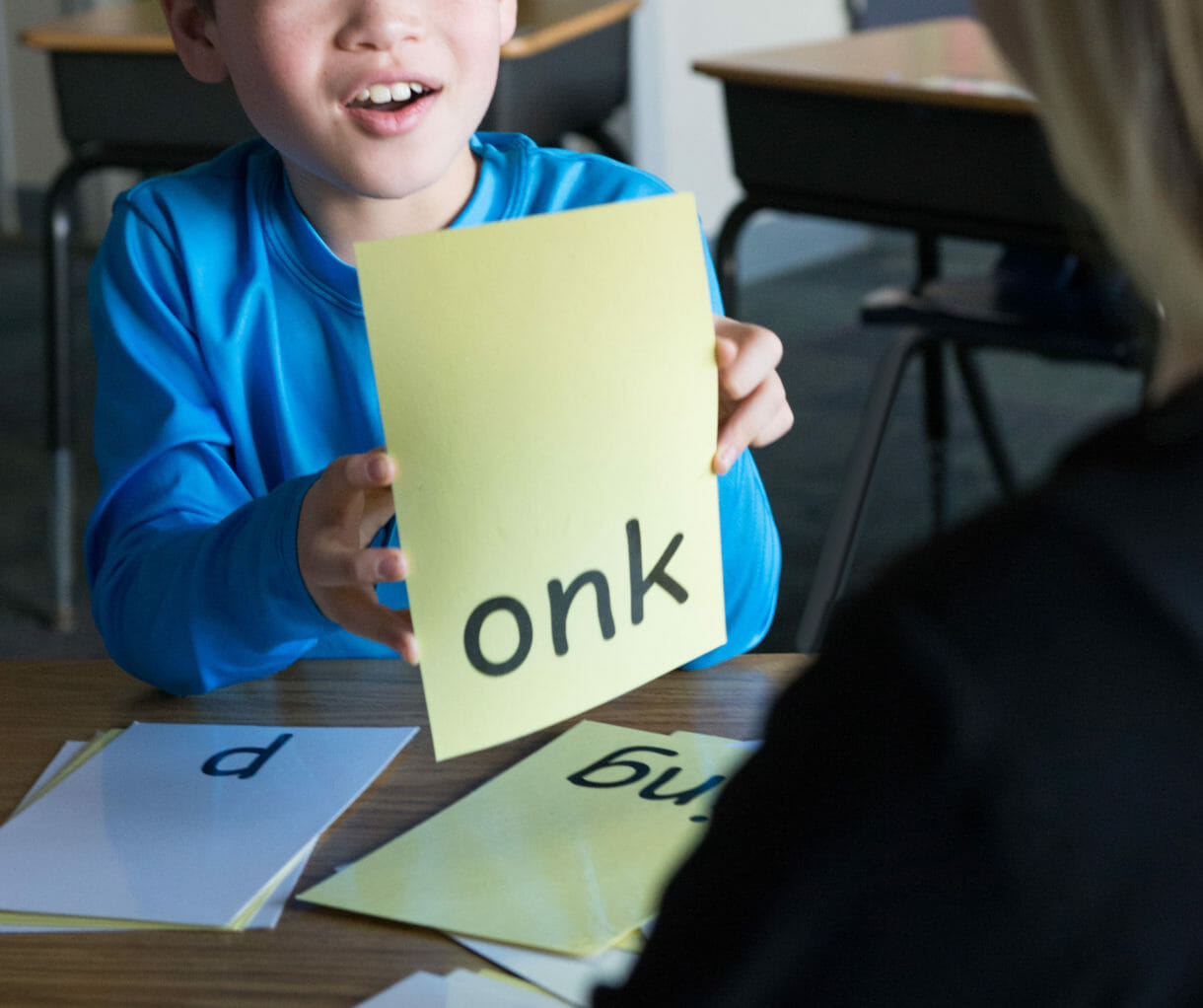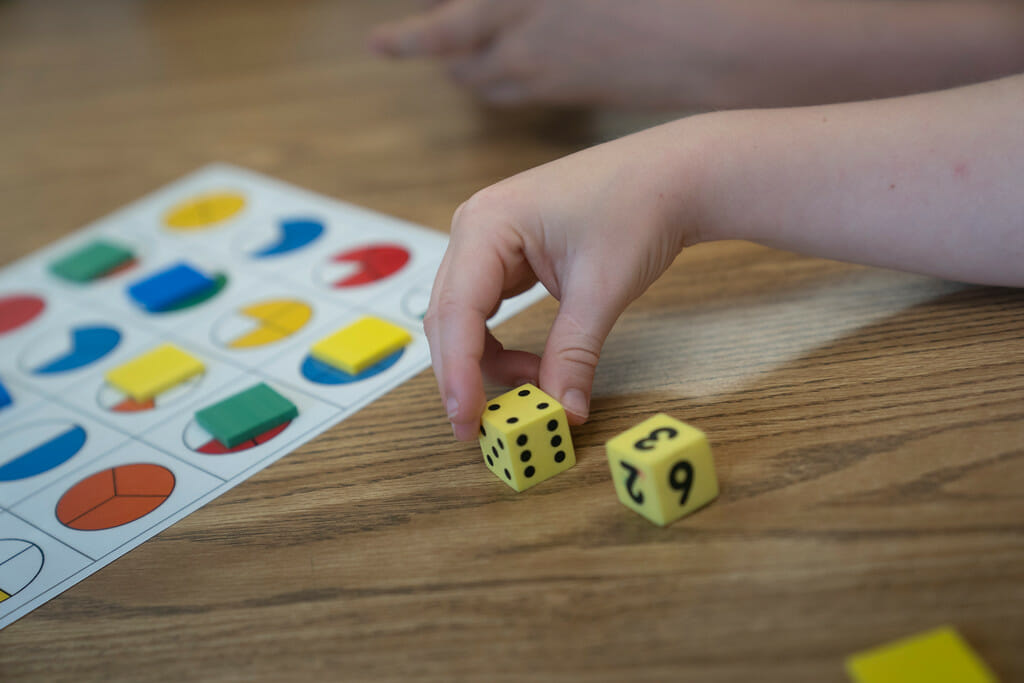Anxiety
Anxiety
AnxietyIntegrated Support for Elementary, Middle & High School Education
Already on the rise nationally in recent decades, anxiety is now even more common among young people as a result of additional stresses and learning loss from the pandemic. We all have some level of anxiety, and often highly sensitive students have higher levels. To a point, it is a positive trait, enabling us to focus and respond. McLean School has always been a place where students feel understood and accepted. We know that successfully supporting all of our students calls for a comprehensive understanding and appreciation of social-emotional complexities and, specifically, the many ways anxiety affects learning. Our Abilities Model® informs and guides support of all our students’ needs, including those with anxiety.
Building Positive Relationships
Anxiety can cause students to shut down and not be available to learn. Students with diagnosed learning challenges, or who are adopted, are particularly susceptible. Children with ADHD, for example, are three times more likely to experience anxiety. At McLean, positive relationships–with peers and adults–play a very important role in helping to ease anxiety while at the same time allowing students to build self-confidence, trust, and grit.
Utilizing Mindfulness
To help students feel less anxious we structure our program to make academics as accessible as possible. We model and foster a growth mindset; instilling in our students the belief that with determination, perseverance, and an open mind, change is not only possible but inevitable. We do this by creating opportunities for personal connection at every grade level through small classes, lunch bunches, advisories, and differentiated academic groups and an incredible scope of social emotional programs, including the practice of mindfulness, which allows students to relax and be available for learning. McLean’s Responsive Classroom curriculum, and Restorative Practices, along with age appropriate code of conducts in each division promote community building and provide a context for emotional growth. Our focus on routines, clear expectations, scaffolding, previewing, and–perhaps most importantly–empathy and flexibility, combine to create a safe space for students to embrace and address their strengths and challenges alike.
Our Counselors in each division work closely with teachers and administrators to be sure that everyone is seen, heard, and supported. Whether it’s part of their official job description or not, each and every one of our faculty and staff are dedicated to the health and wellbeing of our students–because our commitment is to help students succeed academically, socially, and emotionally, and reach their full potential as they prepare for college and life.



